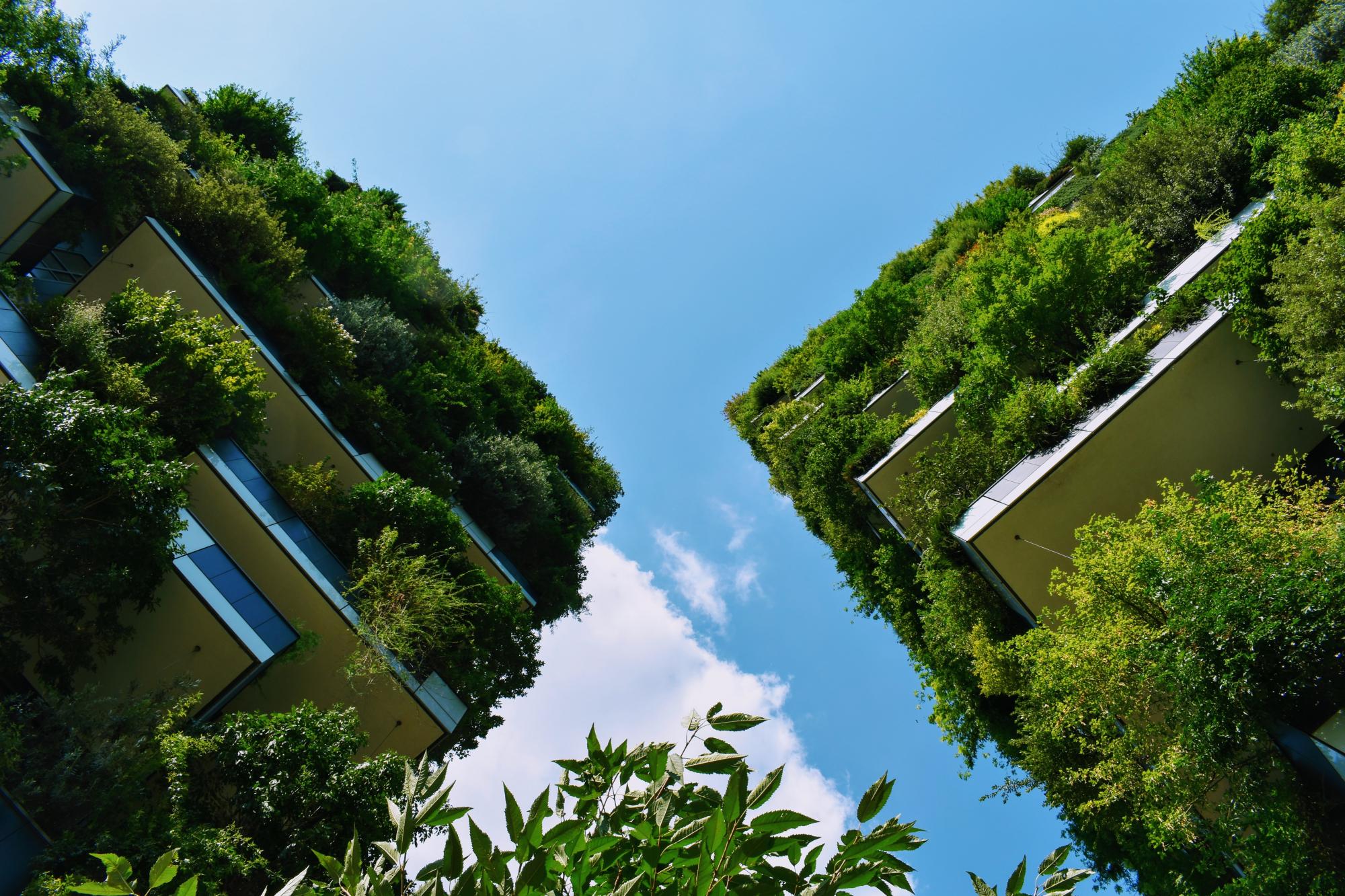Last updated: October 2021
"Tirone Alto Vesuvio" is a park situated within the Vesuvio area in Naples, this area was recently qualified as an eco-campus (green infrastructure), a project realized in 2011 according to the European guidelines for sustainable tourism. In particular, the eco-campus has the goal to promote sustainable and zero-impact sports activities, in order to spread awareness on ecological issues. In addition, it provides important health benefits and social and cultural advantages (Ref.1).
Overview
Nature-based solution
- Parks and urban forests
- Large urban parks or forests
Key challenges
- Green space, habitats and biodiversity (SDG 15)
- Green space creation and/or management
- Social justice, cohesion and equity (SDG 10)
- Environmental education
- Health and well-being (SDG 3)
- Enabling opportunities for physical activity
- Improving physical health
- Creation of opportunities for recreation
- Economic development and employment (SDG 8)
- Tourism support
Focus
Creation of new green areas, Maintenance and management of urban nature, Knowledge creation and awareness raising
Project objectives
- The Eco campus has the goal of promoting to a broader public eco-friendly sports and sustainable practices, as a means to bring closer young people and the environment.
- In addition, the intervention offers competitive advantages to the territory and to people, by enhancing human well-being and offering important outcomes in terms of health benefits.
- The main goal of the project is promoting the value of the territory and at the same time providing recreational activities such as sport, excursions and sustainable tourism.
-In particular, the eco-campus has the goal to promote sustainable and zero-impact sports activities, in order to spread awareness on ecological issues. In addition, it provides important health benefits and social and cultural advantages. (Ref.1.)
Implementation activities
- Zero-impact sport activities
- Cultural practices of behaviour during outdoors activities
- Environmental didactics (recreational games for kids)
- eco running within the area with the goals of promoting physical activity and awareness of the territory (Ref.2.)
Main beneficiaries
- Local government/Municipality
- Citizens or community groups
- Young people and children
Governance
Management set-up
- Co-governance with government and non-government actors
Type of initiating organisation
- Regional government
- Private sector/corporate actor/company
Participatory approaches/ community involvement
- Dissemination of information and education
Details on the roles of the organisations involved in the project
National Vesuvio Park (Non-government organisation) =responsible of the care of the area, and at the same time needs to provide consistent reporting of the activities
Regione Campania (region) = responsible to implement the strategic guidelines of the national park
Movimento Eco Sportivo (Private) = organizing activities, sports and walking within the area for different age groups
(Ref.2.)
Project implemented in response to ...
... an EU policy or strategy?
Yes
(The Ecocampus was realized following the directions of the Carta Europea per il Turismo Sostenibile (CETS), an European document that sets the regulation for sustainabe tourism (Ref. 2))
... a national policy or strategy?
Yes
(The main guidelines were implemented by the Ministero dell'Ambiente (Ministry of Environment) within the manual "Eco-Regolamento delle Attività Sportive Sostenibili e Praticabili in Aree Protette" (Ref.2))
... a local policy or strategy?
Unknown
Financing
Total cost
Unknown
Source(s) of funding
- Public local authority budget
- Funds provided by non-governmental organization (NGO)
Type of funding
- Earmarked public budget
- Direct funding (grants, subsidies, or self-financed projects by private entities)
Non-financial contribution
Type of non-financial contribution
- Provision of land
Who provided the non-financial contribution?
- Public authorities (e.g. land, utility services)
Impacts and Monitoring
Environmental impacts
- Unknown
Economic impacts
- Unknown
Socio-cultural impacts
- Social justice and cohesion
- Improved social cohesion
- Increased opportunities for social interaction
- Health and wellbeing
- Improved physical health
- Gain in activities for recreation and exercise
Type of reported impacts
Expected impacts, Achieved impacts
Presence of formal monitoring system
Unknown
Presence of indicators used in reporting
No evidence in public records
Presence of monitoring/ evaluation reports
No evidence in public records
Availability of a web-based monitoring tool
No evidence in public records
References
Ref.1. VesuvioWIld (2011) Vesuvio Wild - progetto Ecocampus. Available at Source link (Accessed 13-9-2020)
Ref.2. Ntr24, (2011) Aceto e Palmieri all’Ecocampus ‘Vesuvio Wild’, Available at Source link (Accessed 13-9-2020)
Ref.3. VesuvioWild (2011). Riserva Forestale Di Protezione “Tirone Alto Vesuvio” nel Parco Nazionale del Vesuvio (ingresso via Cifelli - Trecase). Napoli: Source link (attached)
Ref.4. VesuvioWild (2011) Inaugurazione campus. Napoli: Source link (attached)
Ref.2. Ntr24, (2011) Aceto e Palmieri all’Ecocampus ‘Vesuvio Wild’, Available at Source link (Accessed 13-9-2020)
Ref.3. VesuvioWild (2011). Riserva Forestale Di Protezione “Tirone Alto Vesuvio” nel Parco Nazionale del Vesuvio (ingresso via Cifelli - Trecase). Napoli: Source link (attached)
Ref.4. VesuvioWild (2011) Inaugurazione campus. Napoli: Source link (attached)



